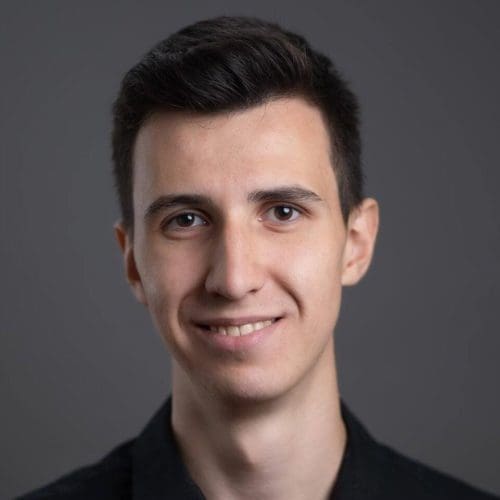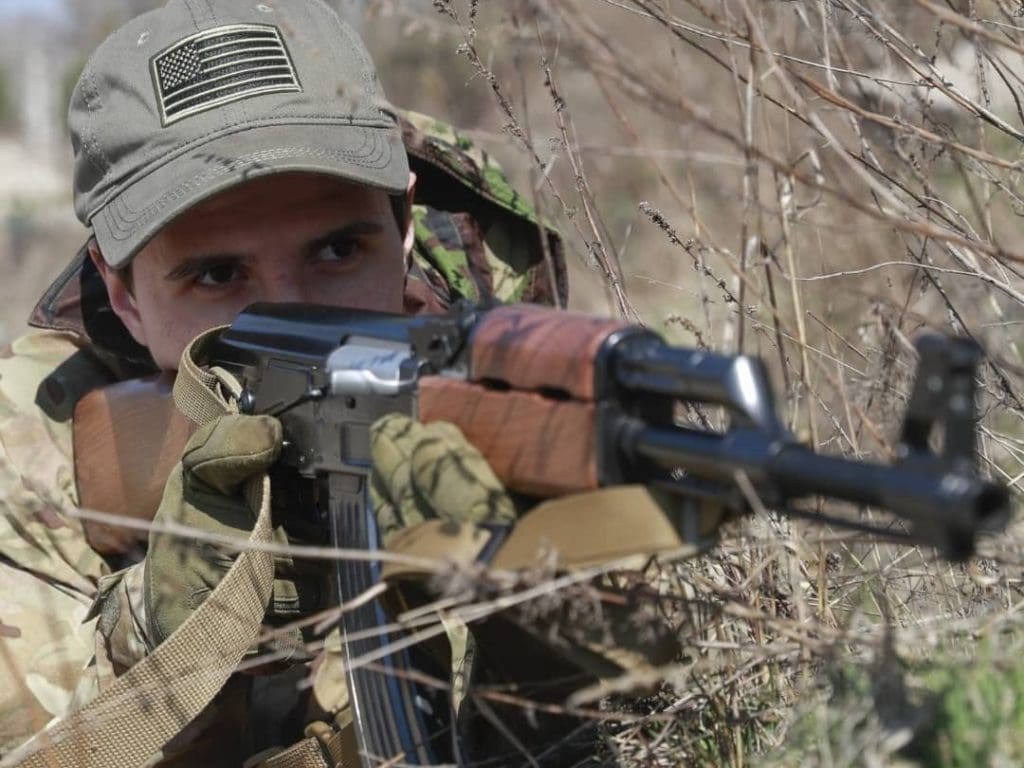We will win the war in Ukraine, but at what cost? Soldier fights on the frontlines
I want to forget these horrific months; to learn to live life as a civilian again. Undoubtedly, I will visit my liberated Crimea then. When I think about victory day, I imagine embracing my loved ones, taking on an ordinary job, and drinking a good cup of coffee.
- 3 years ago
February 18, 2023

DONBAS REGION, Ukraine ꟷ I grew up in Tokmak in the province of Zaporizhzhia, Ukraine. My home now remains under Russian occupation. Eventually, I moved to Kyiv to study philosophy, but ended up in the Territorial Defense.
When I joined the Territorial Defense in 2020, I understood the war in Donbas was not over. It could flare up at any moment with new Russian forces invading. Despite that awareness, I never imagined a war of this magnitude would erupt on February 24, 2022.
We hold the flanks so our soldiers aren’t captured
The war began for me with a call from a friend at 5:00 a.m. When I heard the news about the Russian invasion, I felt fear. Yet, it balanced with a sense of confidence that the Ukrainian people, without a shadow of a doubt, would arrive in droves at the military commissariats. I even wondered if Ukraine had enough guns for them all.
While my day began on February 24 with a mix of fear and confidence, it ended strategically. My company in the Territorial Defense already fought for the Kyiv and Kharkiv regions before. On that day, the strategic objective once again became the capital city of Ukraine. We defended it for two full weeks. Our company always joked that whenever we arrive, the Russians run away.
Today we remain stationed in the Donbas region. We not only maintain our defenses, but we also work toward complete liberation. As an ordinary infantry unit, we take on the task of digging in and reliably holding the frontline. Recently, we faced the risk of being encircled by Russian forces. The soldiers in my unit spread out to cover the flanks of our comrades. We had to hold no matter what, or risk up to 500 of our soldiers being surrounded and captured.
When the unit must hold a position, we can be in place for six hours to three days at a time. We wipe our bodies with wet tissues in place of a shower and soap, attempting to maintain some level of hygiene. When I have an opportunity, I sleep a couple of hours per day but you can hardly call it rest. The food we eat and the water we drink can rarely be warmed.
When we win, I want to learn to live like a civilian again
When the Russian’s begin targeted shelling, I find it difficult to think about anything at all. I watch as a mine lands within a meter of the trench and see soil flying in all directions. I can do nothing more. In those moments, I want more than anything to press myself deep into the ground and blend in with the earth.
We know we will win. The question remains, what will be the price of this victory? How many more lives will Russia take? When Ukraine makes it to our day of victory, how many of our people will be lost? We do not ask for help frivolously. President Zelenskyy, our government, and the Ukrainian people plead for help from our friends to stop the carnage.
We appeal to the European Union, the United States, and other countries because the sooner the aid comes, the fewer Ukrainians Russia will murder. This aid remains critical. I picture the day we return to normal life; when military men and women return to their children. As the shelling stops and the refugees flood back into Ukraine, life returns to some semblance of normalcy. Ukraine – and democracy through the world – will be at peace.
I want to forget these horrific months; to learn to live life as a civilian again. Undoubtedly, I will visit my liberated Crimea then. When I think about victory day, I imagine embracing my loved ones, taking on an ordinary job, and drinking a good cup of coffee. As a soldier in the Territorial Defense, this is my purpose.
































































































































































































































































































